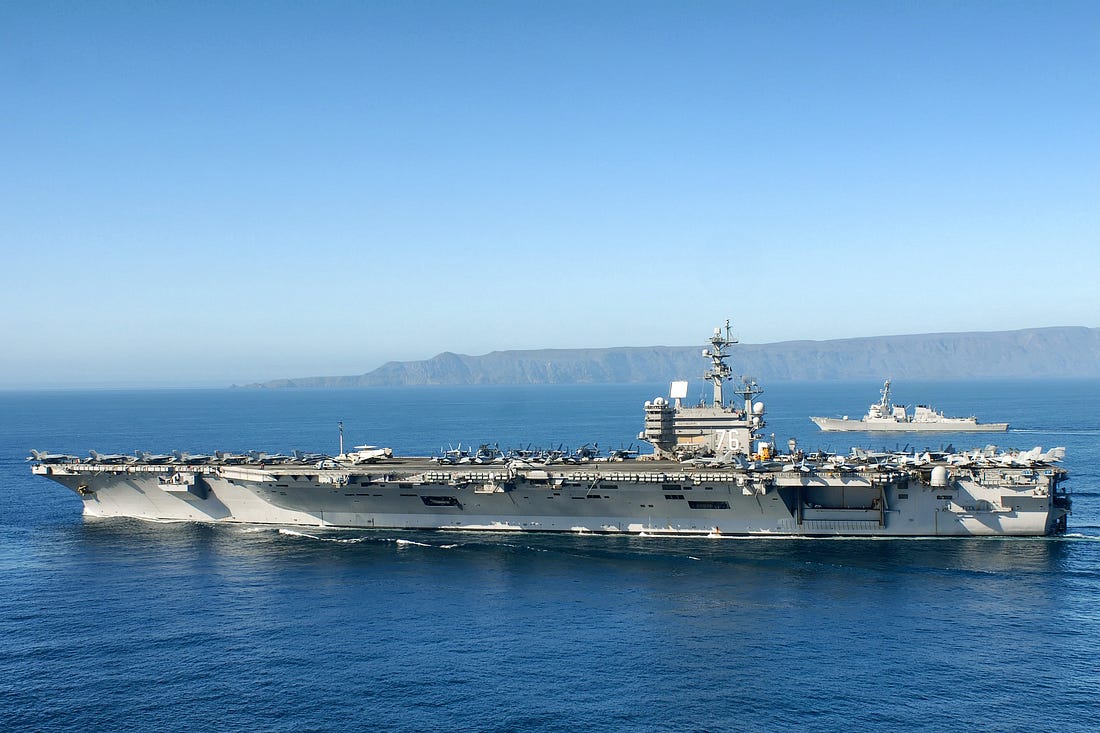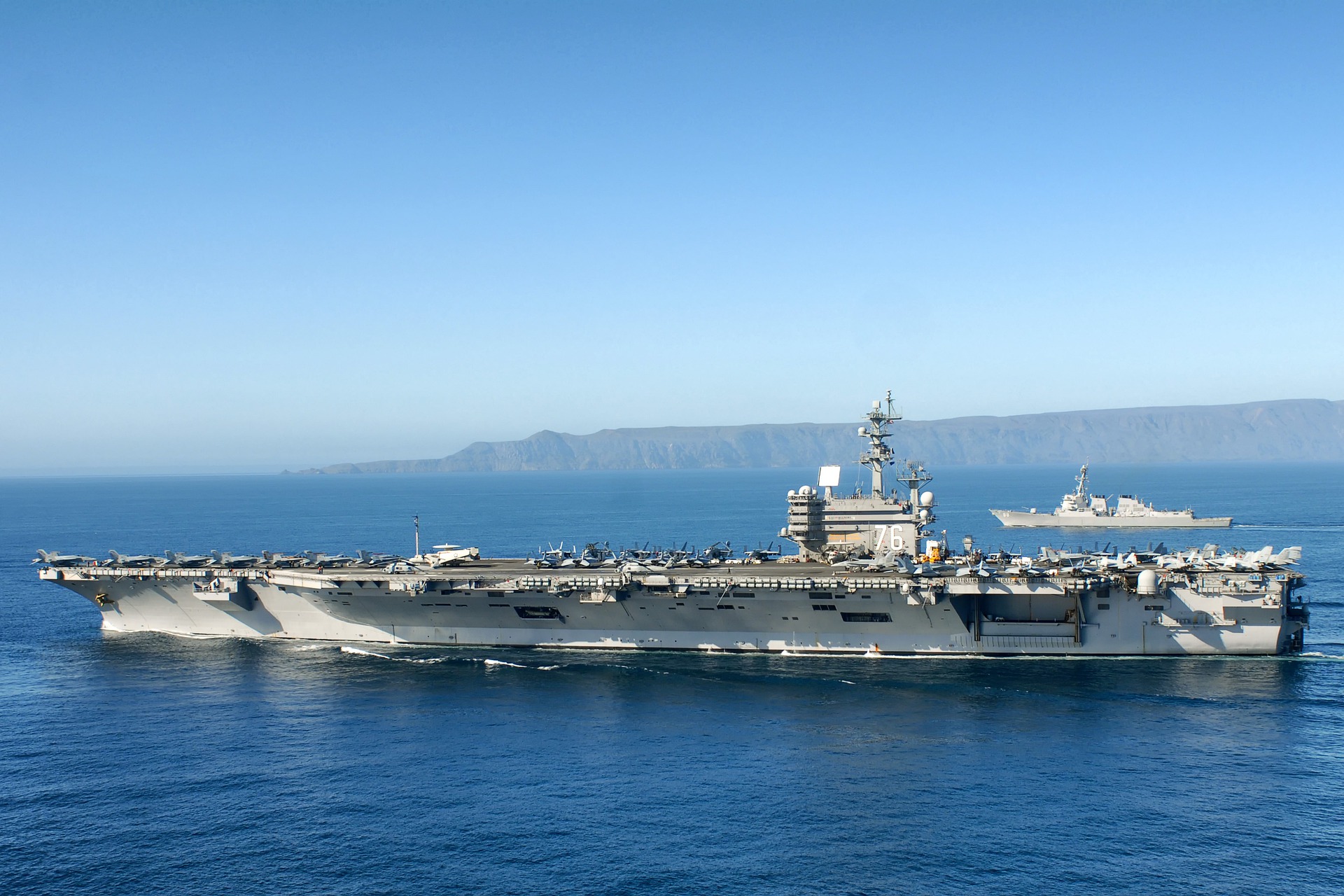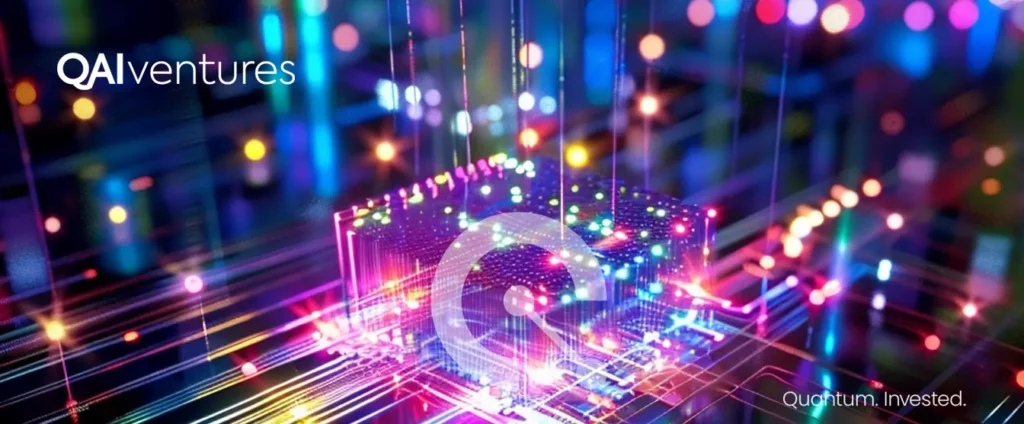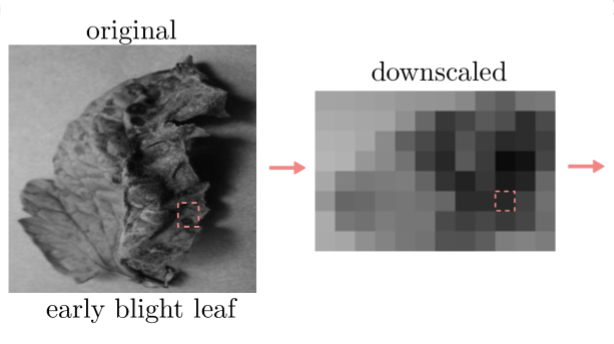
PRESS RELEASE — WASHINGTON 27 June 2022/U.S. Naval Research Laboratory Corporate Communications— To advance quantum network capabilities and leadership, the U.S. Naval Research Laboratory (NRL) announced work with five other U.S. Government agencies on May 18 to establish the Washington Metropolitan Quantum Network Research Consortium (DC-QNet) to create, demonstrate and operate a quantum network as a regional testbed.
Quantum networks, an emerging research frontier, will one day offer the ability to distribute and share quantum information securely among quantum computers, clusters of quantum sensors and related devices at regional and national distances. They can also be used to distribute ultra-precise time signals, and offer the potential to enable the creation of new applications not yet imagined.
“These agencies with world-class research capabilities will work to advance quantum network capabilities and leadership,” Gerald Borsuk, Ph.D., DC-QNet Executive Director said. “Quantum networks will be essential to modern secure communications and to computing enhancements in the 21st Century.”
The six agencies are:

- U.S. Army Combat Capabilities Development Command Army Research Laboratory
- U.S. Naval Research Laboratory
- U.S. Naval Observatory
- National Institute of Standards and Technology
- National Security Agency/Central Security Services Directorate of Research
- National Aeronautics and Space Administration
There are currently two out-of-region affiliates to this Consortium:
The exploitation of quantum-entangled particles (including photons) to transmit information in the form of qubits, the basic unit of information in quantum technologies, is at the heart of quantum networks.
Quantum entanglement is a unique quantum mechanical property of atomic and subatomic particles, where classical physics fails to describe observed phenomena accurately. It describes a relationship between particles whereby the quantum state of each particle cannot be described independently of the state of the others, even though they are physically separated from each other.
DC-QNet researchers are also studying other quantum behaviors and capabilities such as transduction, or the process of converting qubits from one form into another. To fully harness these capabilities for quantum networking will require state-of-the-art measurement science, or metrology.
The DC-QNet testbed will perform entanglement distribution of qubits at multi-kilometer distances over a well-characterized and controlled quantum network. Efforts include:
- Development of high fidelity quantum memory nodes, single-photon devices, network metrology, qubit platforms, transduction and frequency conversion, synchronization, and continued research and development into enabling science and technology
- Developing the network infrastructure to connect the six metropolitan agencies
- Research and development into the transfer of quantum entanglement between nodes
- Emulation, modeling and simulation of the network
- Research and development into the classical management and control, routing, monitoring and metrology and associated software of the quantum network.
The DC-QNet governance comprises an Executive Director and an Executive Steering Committee, along with principal investigators from among the agencies taking the lead on the various technical goals. Among the programmatic goals of the consortium are:
- A trusted Quantum Network Testbed for the U.S. Government and the U.S. Department of Defense
- Contributions to network synchronization by official U.S. government timekeepers
- A focus on the metrology required to operate a quantum network
About the U.S. Naval Research Laboratory
NRL is a scientific and engineering command dedicated to research that drives innovative advances for the U.S. Navy and Marine Corps from the seafloor to space and in the information domain. NRL is located in Washington, D.C. with major field sites in Stennis Space Center, Mississippi; Key West, Florida; Monterey, California, and employs approximately 3,000 civilian scientists, engineers and support personnel.
For more information, contact NRL Corporate Communications at (202) 480–3746 or [email protected]
SOURCE: U.S. Naval Research Laboratory Corporate Communications
If you found this article to be informative, you can explore more current quantum news here, exclusives, interviews, and podcasts.



















